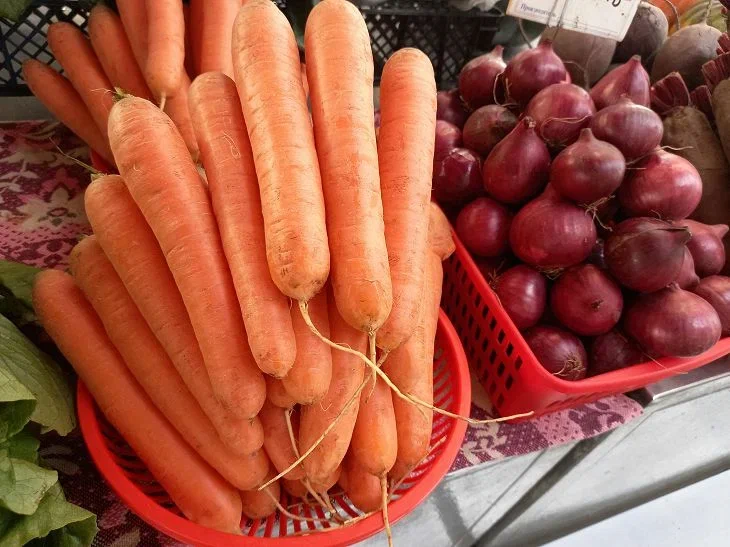Increasing the fertility of vegetable crops is one of the main goals of owners of garden plots and vegetable gardens.
To achieve this goal, you can use a variety of methods, among which one of the most accessible and effective is the use of yeast.
Anastasia Kovrizhnykh , an expert of the online publication "BelNovosti", an agronomist and landscape designer, spoke about yeast-based fertilizer.
Yeast not only promotes plant growth, but also improves soil microflora and suppresses the development of harmful microorganisms.
Why Yeast is Good for Plants
Yeast cells contain a whole complex of useful elements, including B vitamins, amino acids and special enzymes.

These components play a significant role in the normal development of plant organisms.
They help to optimize the soil composition and stimulate the active formation of the root system.
In addition, yeast increases the ability of plants to resist adverse factors such as drought or disease.
How to make a yeast solution
To prepare a solution with yeast, you need to dilute 1 kg of pressed yeast in 5 liters of heated water.
Let the solution sit for an hour, then dilute 1 liter of this solution in 10 liters of water before use.
If you are using dry yeast, take about 10 grams and dissolve it in 10 liters of warm water with the addition of 2 tablespoons of sugar.
Leave the liquid in a warm place for 2 hours, then dilute it in water in a ratio of 1:5 and water the plants at the roots.
Using a yeast solution to increase vegetable yields
A solution with yeast can be used to water vegetables before flowering.
To do this, dilute 100 grams of yeast in 10 liters of water and water the plantings with this solution. Also, a solution with yeast can be useful for feeding seedlings so that they become healthy and grow well.
To prepare the solution, take 100 g of pressed yeast and dilute it in a small amount of warm water, also adding a little sugar.
Leave the resulting mixture to infuse for one week.
Then pour 200 ml of this infusion into ten liters of warm water and mix thoroughly.
Please note that one liter of the resulting solution is required for one plant.
Earlier we talked about how to properly feed seedlings with ash.









